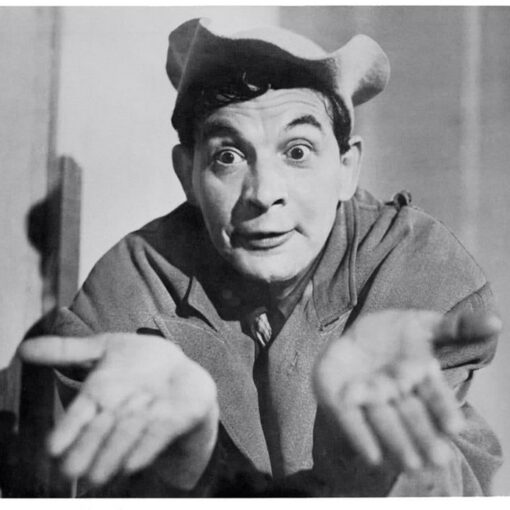Q24N — Venezuela’s Minister of the Interior, Justice, and Peace, Diosdado Cabello, escalated his belligerent tone toward the United States by warning that his country will respond with internal retaliation if Washington takes any military action, amid the largest U.S. naval deployment in the Caribbean in recent years.
“The battle in the streets will be on motorcycles. Some say, ‘The planes flew by,’ and when are you going to put your feet on the ground?” Cabello said defiantly.
During his television program “Con el Mazo Dando,” Cabello outlined what he considers Venezuela’s defensive strategy: “If something were to happen here, which won’t happen, we will go after those who called for invasions, blockades, and sanctions against us.”
His statements represent a direct threat to sectors of the Venezuelan opposition that have supported international sanctions.
Chavismo’s second-in-command characterized the confrontation with the U.S. not as a conventional war, but as a campaign of internal retaliation that would primarily target those he considers collaborators of the U.S. government.
Cabello assured that they will respond with blockades and invasions should anything happen.
Unprecedented Military Escalation
Cabello’s rhetoric comes in the context of the largest demonstration of US naval force in Caribbean waters in the last decade. In an unusual display of naval power, the United States has begun deploying numerous warships and military personnel to Latin American and Caribbean waters to allegedly combat drug cartels.
The military operation includes the USS San Antonio, USS Iowa Jima, and USS Fort Lauderdale, carrying 4,500 personnel, including 2,200 Marines. Additionally, the USS Gravely, USS Jason Dunham, and USS Sampson are missile-guided vessels capable of simultaneously tracking and neutralizing air and sea threats.
The deployment has progressively expanded to eight warships in the waters of the Caribbean and the Pacific near several Central and South American countries, a significant increase for a region that has rarely seen such a large presence of US military vessels.
The regime’s phased response
Cabello acknowledged the seriousness of the U.S. deployment, calling it “very serious” and acknowledging that the U.S. naval deployment is not a game. However, he maintained his defiant stance by questioning the true objectives of the operation.
Cabello noted that drug trafficking to the U.S. occurs primarily through the Pacific Ocean and not the Caribbean, so in his view, the mobilization does not appear to be aimed at stopping the outflow of drugs.
The exchange of statements has reached unprecedented levels of hostility. The U.S. responded to Venezuelan provocations by calling Cabello and his circle a “gang” responsible for “destroying” the country.
Diplomatic tension at an all-time high
The most recent clash between the United States and Venezuelan governments reached a fever pitch this month when both countries involved military assets in their dispute. The crisis deepened after Trump increased the reward for the capture of Nicolás Maduro and announced his willingness to “use all his power” to stop drug trafficking into his territory.
Maduro, for his part, has downplayed the U.S. threats, calling them a “war of declarations” while maintaining his stance that “No empire will come to touch Venezuela’s sacred soil.”
The current escalation represents the most critical point in relations between the two countries since the beginning of Trump’s second term, with implications that transcend Venezuelan borders and keep the entire Caribbean region on edge over the possibility of a direct military confrontation.
Translated and adapted from Nicaraguainvestiga.com
Source link
Q24N



